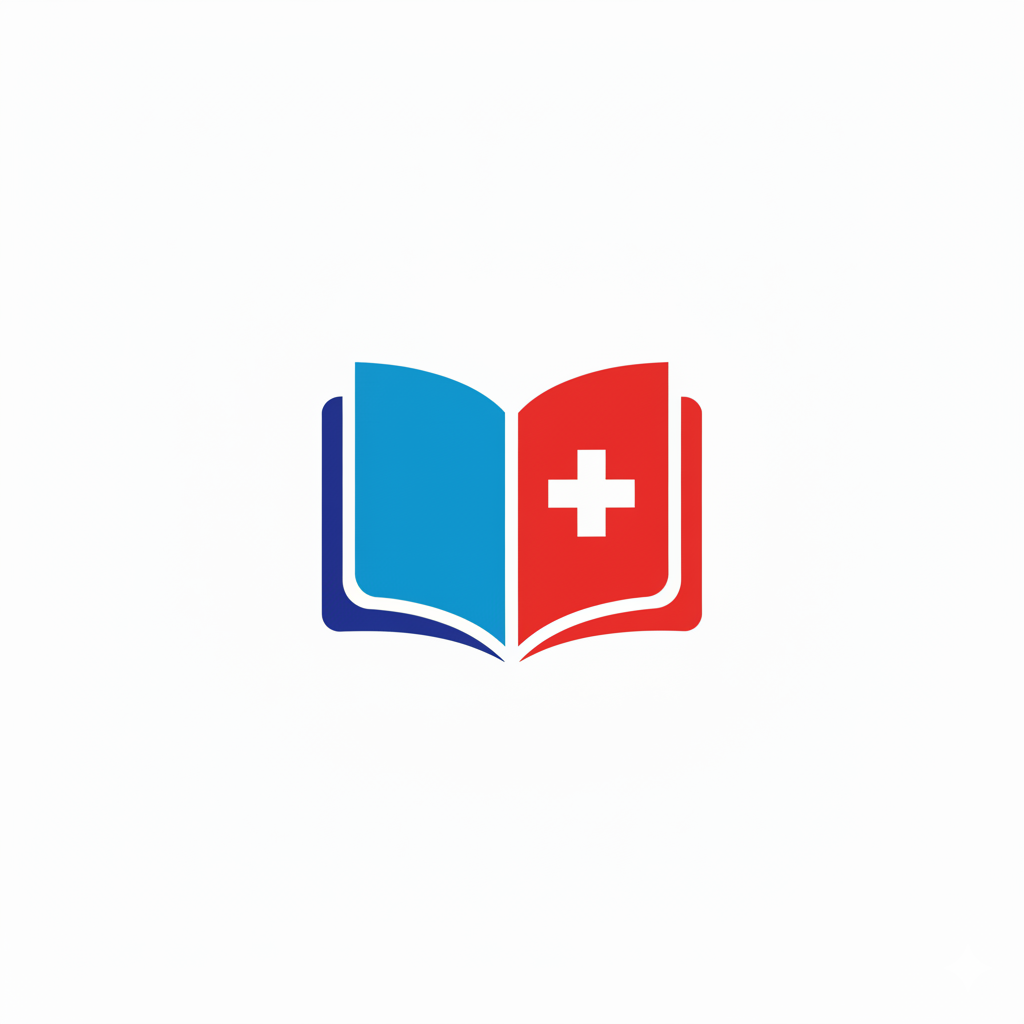Doctor as a Parent – When Medical Strength Fades
About 20 years ago, I was working in a small hospital in Saudi Arabia when my 2-year-old son needed minor surgery under general anesthesia. I asked the surgeon if I could be present in the operating room during the procedure. He agreed without hesitation.
As I entered the operating room with my son, the anesthesiologist stopped me and said I should wait outside. I explained that I am an ICU physician and am used to seeing surgeries and critical procedures. The anesthesiologist’s reply was gentle but firm:
“I know you are from ICU, but watching your own child go through this is very different. It’s not easy to see your son unconscious and bleeding.”
Still, I insisted, and he eventually allowed me to stay.
As anesthesia was given, I noticed on the monitor that my son’s heart rate increased. I pointed it out, even though I knew it was normal and would settle as the anesthesia deepened. The anesthesiologist reassured me it would, and it did.
When the surgery began, my son suddenly moved his arms, as if reacting to pain. I immediately spoke up again, and the anesthesiologist adjusted the depth of anesthesia. Though everything like mechanical ventilation, vital sign fluctuations, and sedation was familiar to me, I couldn’t stop myself from worrying about the smallest things. Eventually, I realized I was interfering and quietly stepped back.
The surgery went smoothly, and my son recovered without any complications. But even now, when I look back on that day, my heart tightens. Sometimes, this memory is so intense that I find myself in tears. By the grace of God, he is now grown up and standing healthy in front of me, but still, that memory remains painful.
I often think about what the anesthesiologist said:
“It’s not good to see your son unconscious and bleeding.”
He was right.
This reminds me of a scene from an old drama serial. A doctor’s child is brought to the hospital after an accident. The mother, who is a doctor at the same hospital, breaks down in tears. The surgeon tells her to be strong, reminding her that she’s a doctor. But when she insists on staying with her son, he replies,
“Right now, you are not a doctor, you are a mother.”
This stayed with me.
I asked myself many times: why does it feel so different when it’s your own child, even when you know everything medically?
The emotional conflict between knowledge and feeling.
Being a doctor usually means approaching situations analytically, breaking problems into symptoms, lab results, and treatment algorithms. But when the patient is your own child or a loved one, the equation changes. Suddenly, evidence-based practice collides with human emotions. You know the vital signs are okay, the bleeding is minor, and the recovery chances are excellent, but the sight of your child under a sterile blue drape with an endotracheal tube in place is nothing short of traumatic.
It’s a unique form of emotional conflict. It’s a fight between mind and heart. The mind keeps reminding us that you are a doctor, but the heart says no, you are a parent, and most of the time, the heart wins.
No Control Over the Situation
As ICU physicians, we are trained to take charge, controlling every variable, anticipating every complication, and leading with confidence in the most critical moments. But standing beside your own child in the operating room is an entirely different reality. At that moment, you have no control. You are not leading the code, not managing the ventilator, not making drug decisions. You are just watching, and despite having trust in the medical team, you feel helpless, and that feeling is more terrifying than any emergency in the ICU.
A Gentle Reminder
That day in the OR reminds me of the privilege and burden we carry as physicians. It also reminds me how patients’ families feel every single day. They don’t understand the physiology or protocols, but they feel the pain, fear, and helplessness in ways we rarely appreciate.
Final Thought
As doctors, whether a seasoned intensivist or a world-class surgeon, we see patients suffer every day. We deal with critical situations, pain, and even death. Over time, we become emotionally strong or maybe emotionally numb. But when it’s our own child or a loved one, all that professional toughness disappears and our medical strength fades. Suddenly, we are just parents.
